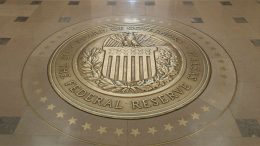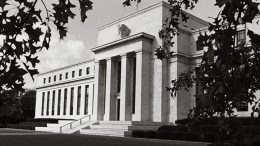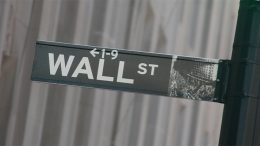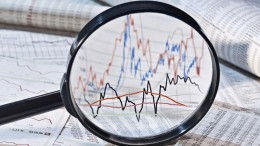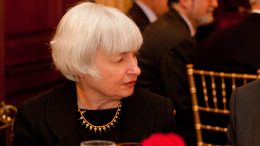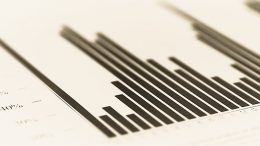Could the central banks dampen the financial markets’ enthusiam?
Kommer van Trigt (Robeco) | The markets are discounting that in the next few months there will be more certainty surrounding the central banks’ normalisation strategy. In its quarterly outlook, Robeco’s Global Fixed Income Macro team says it makes sense for the central banks to begin to normalise their policies.



